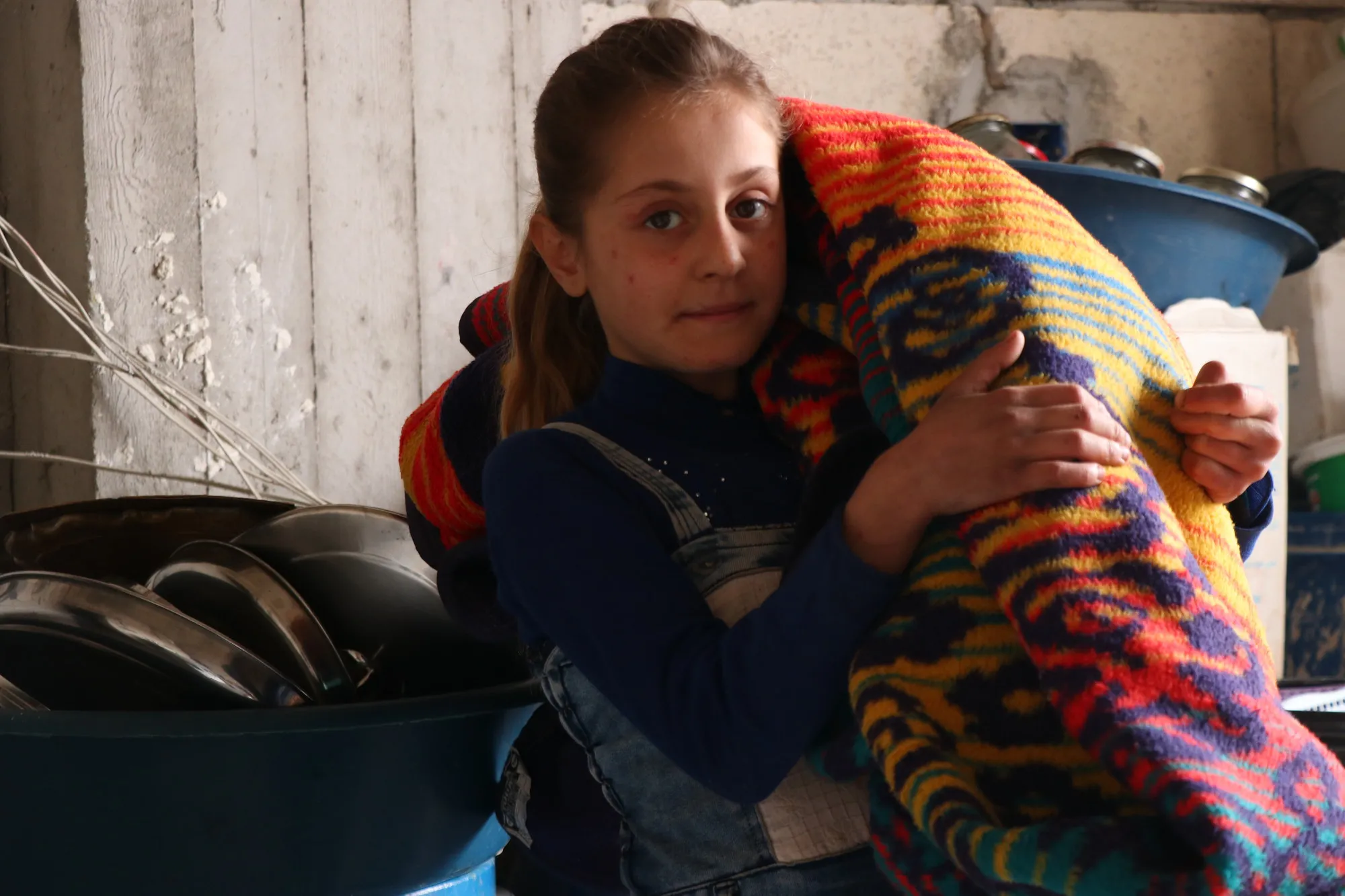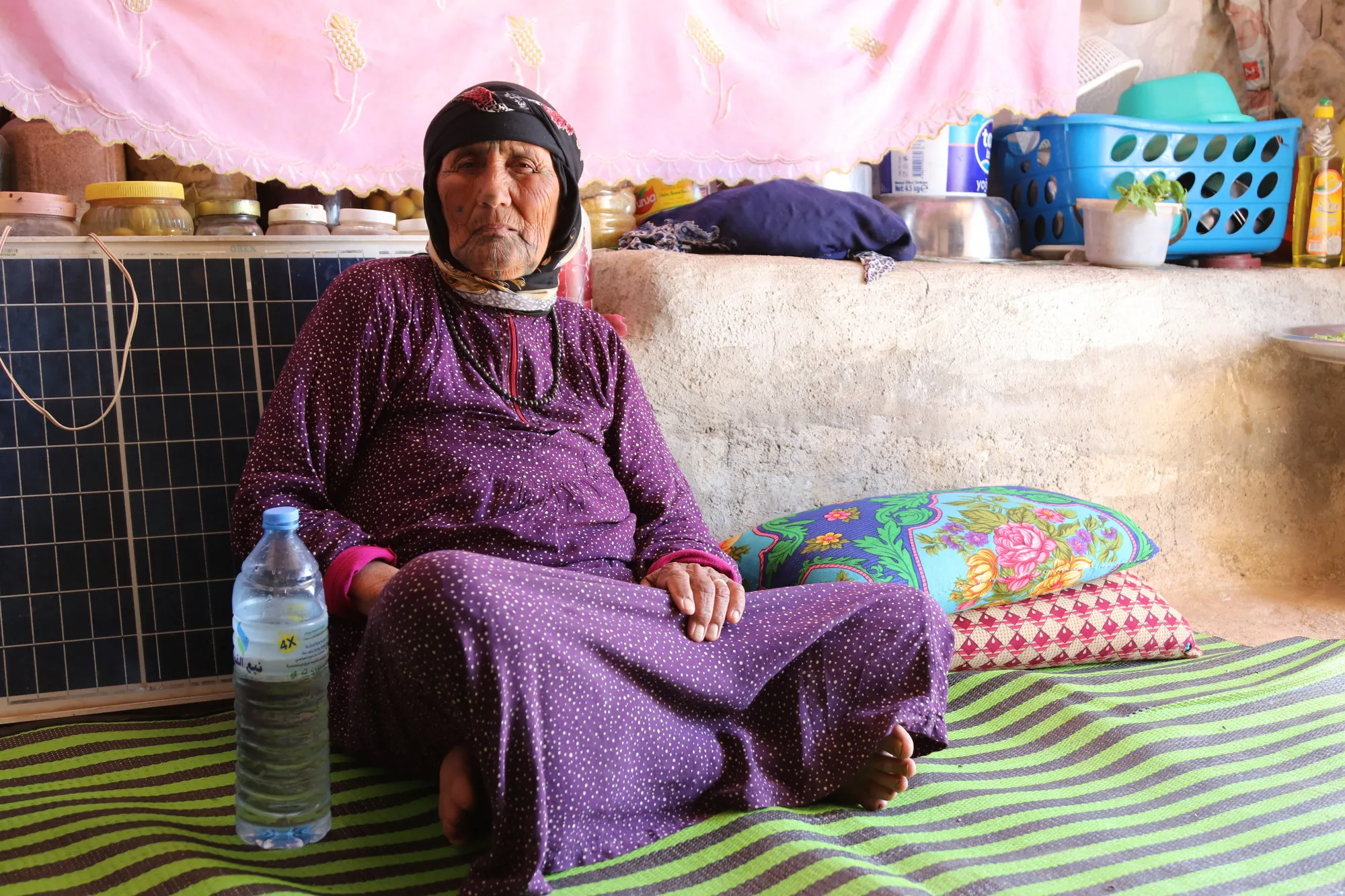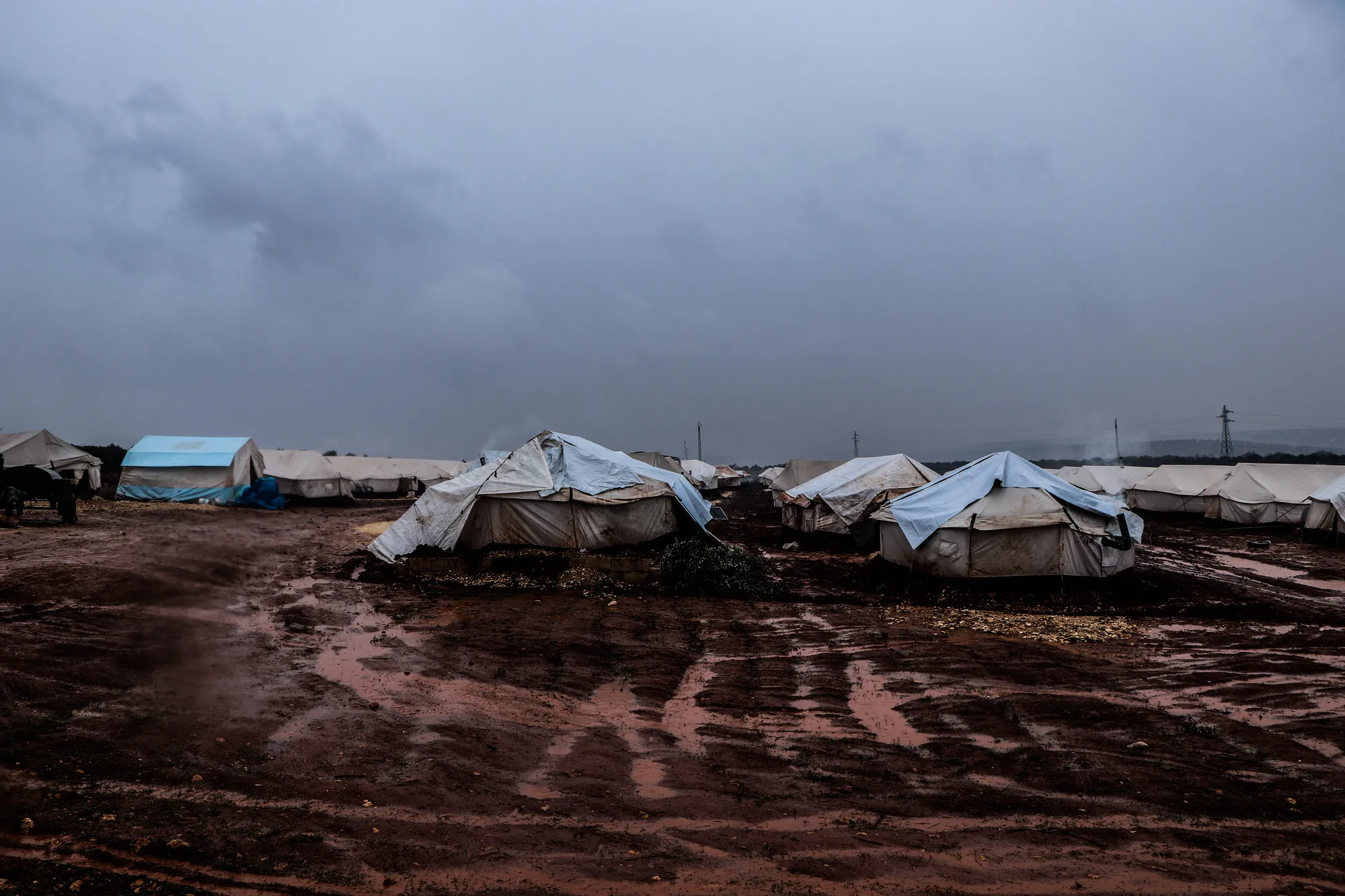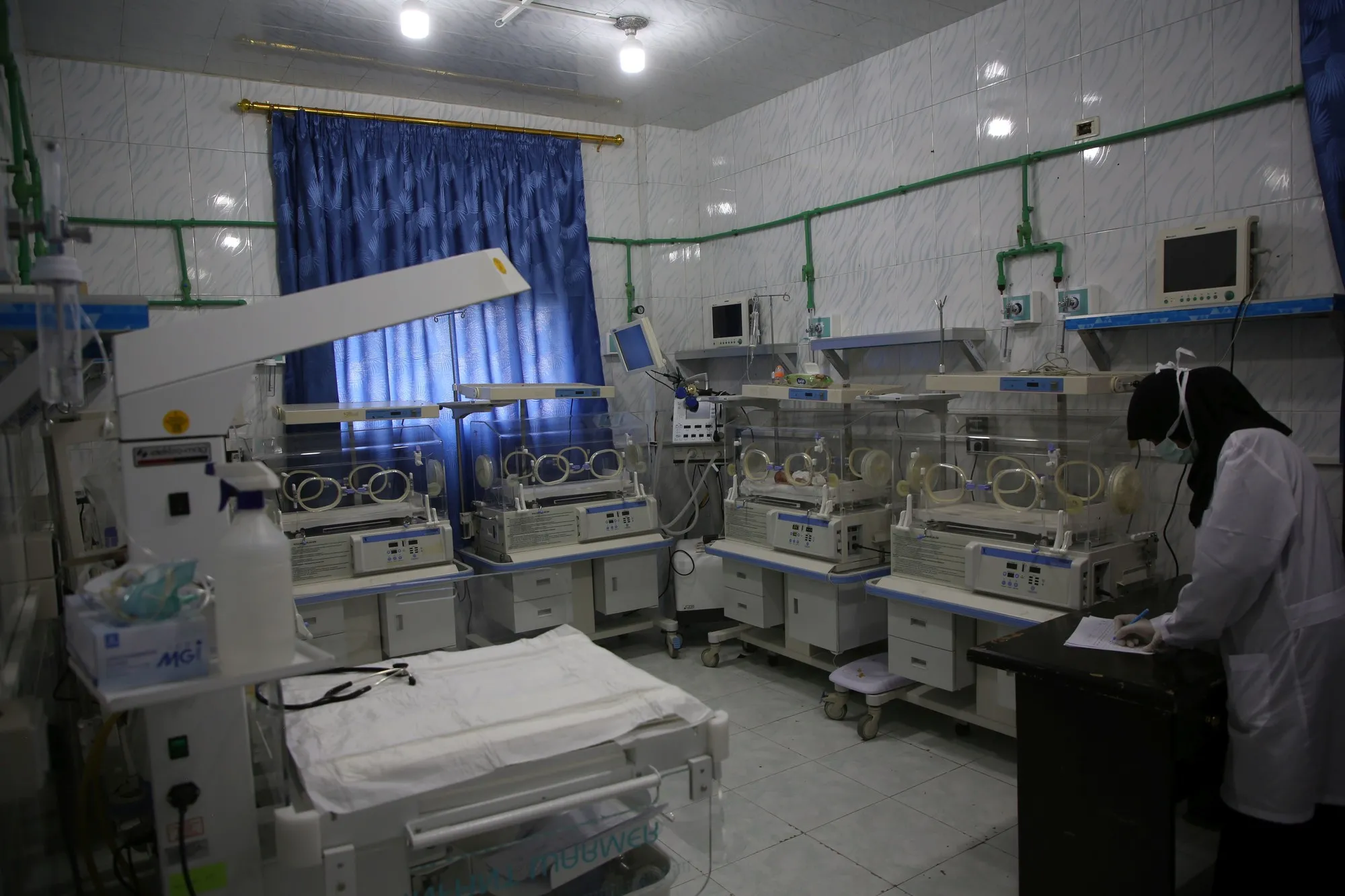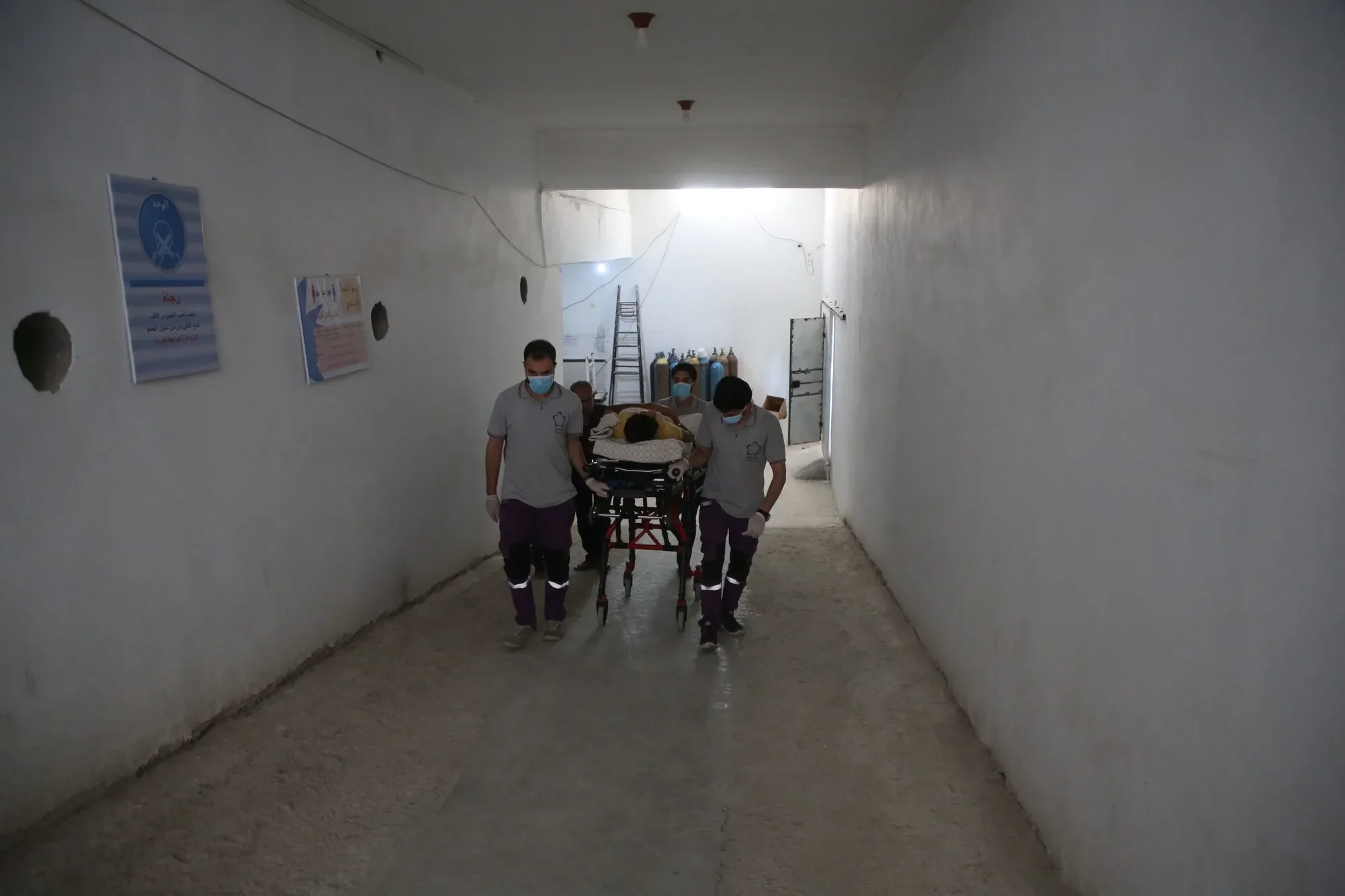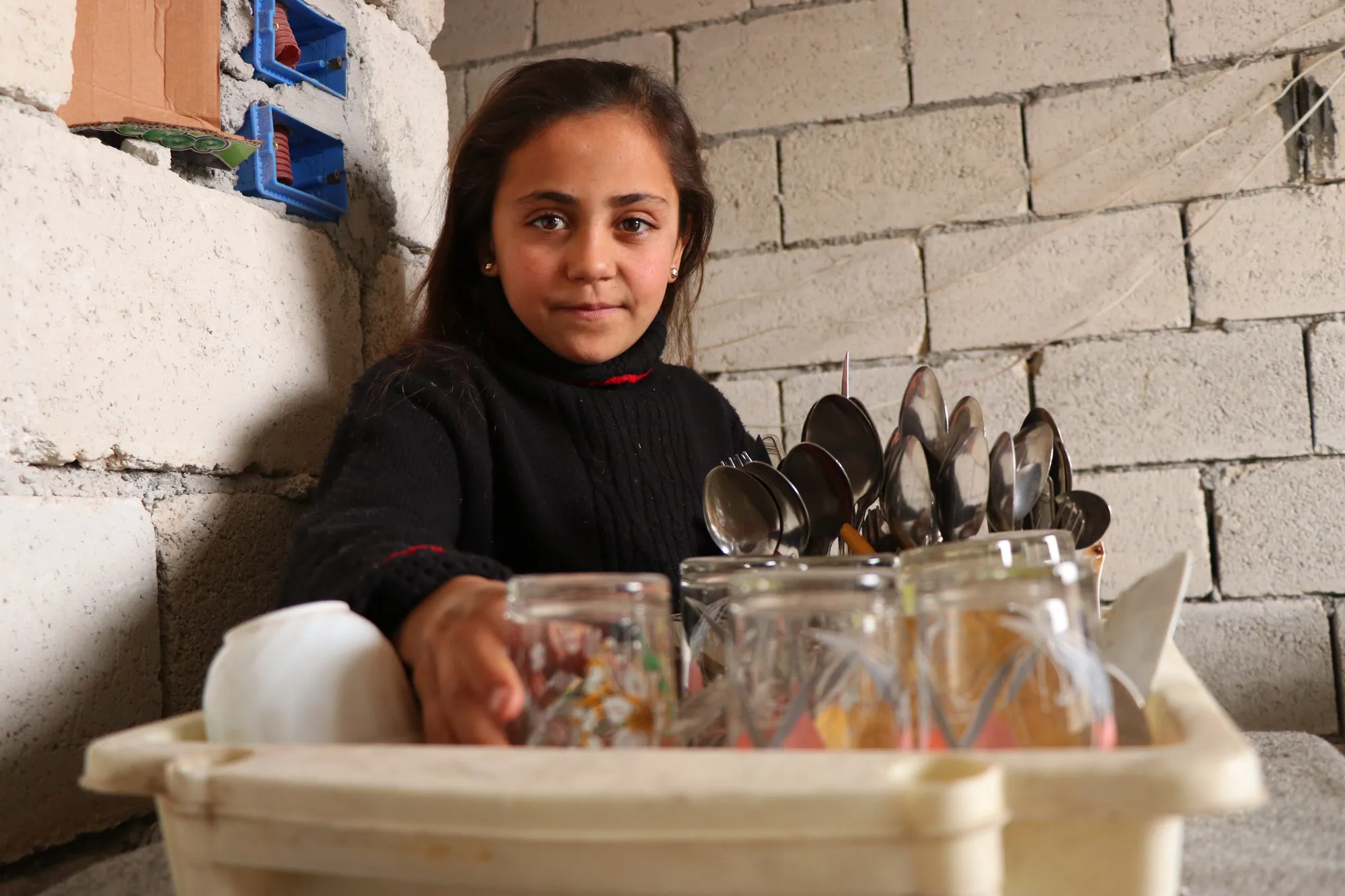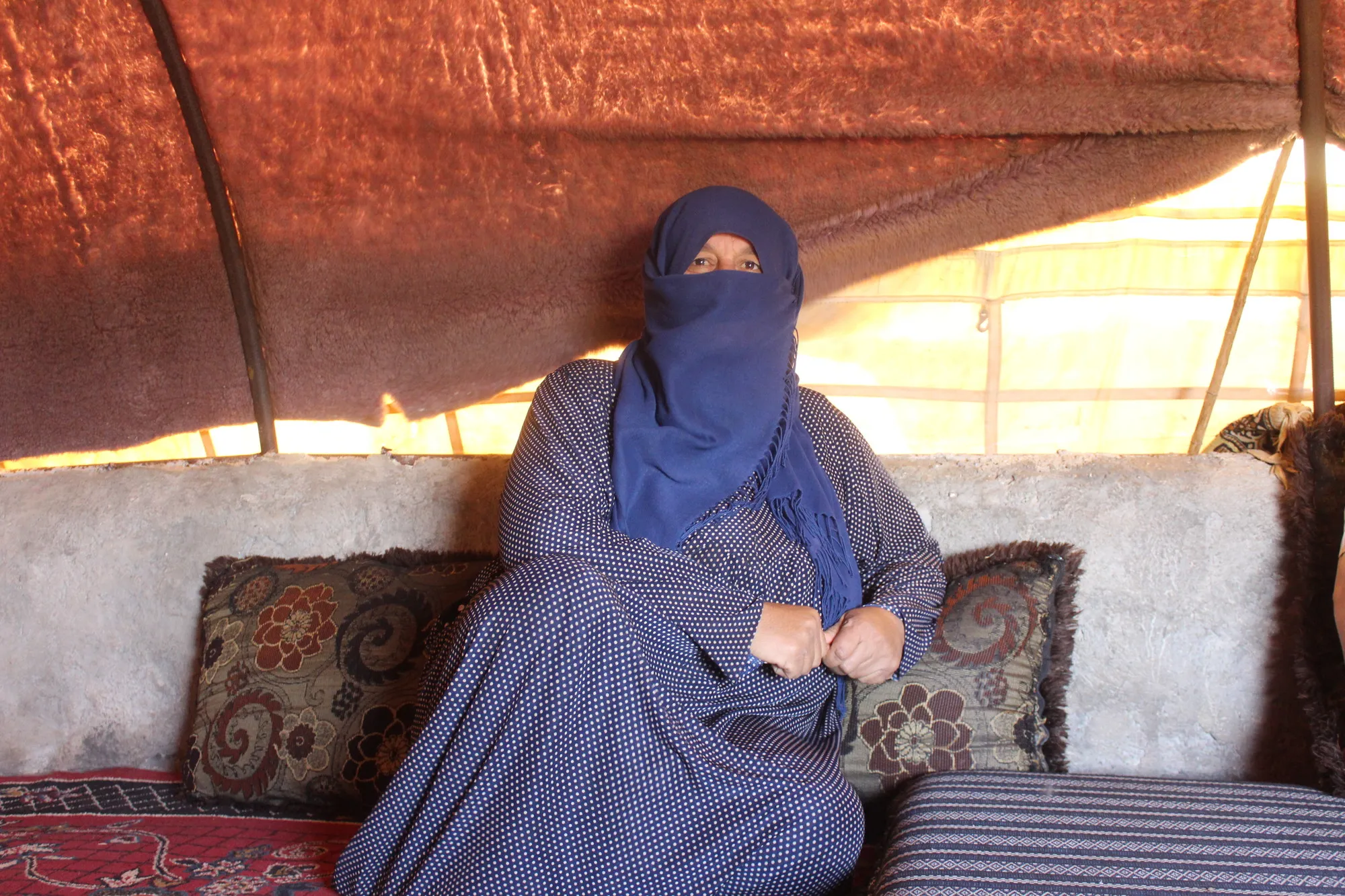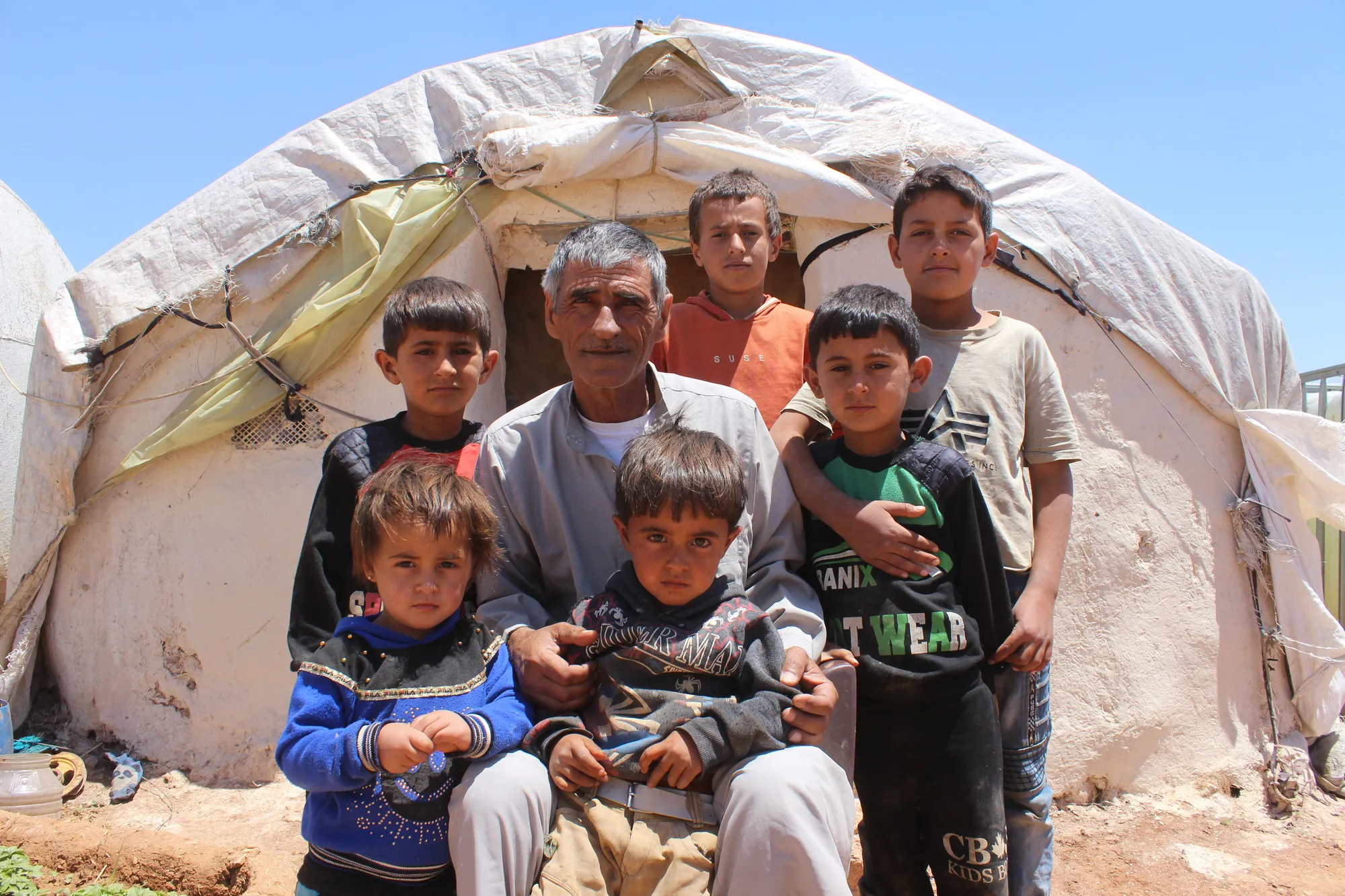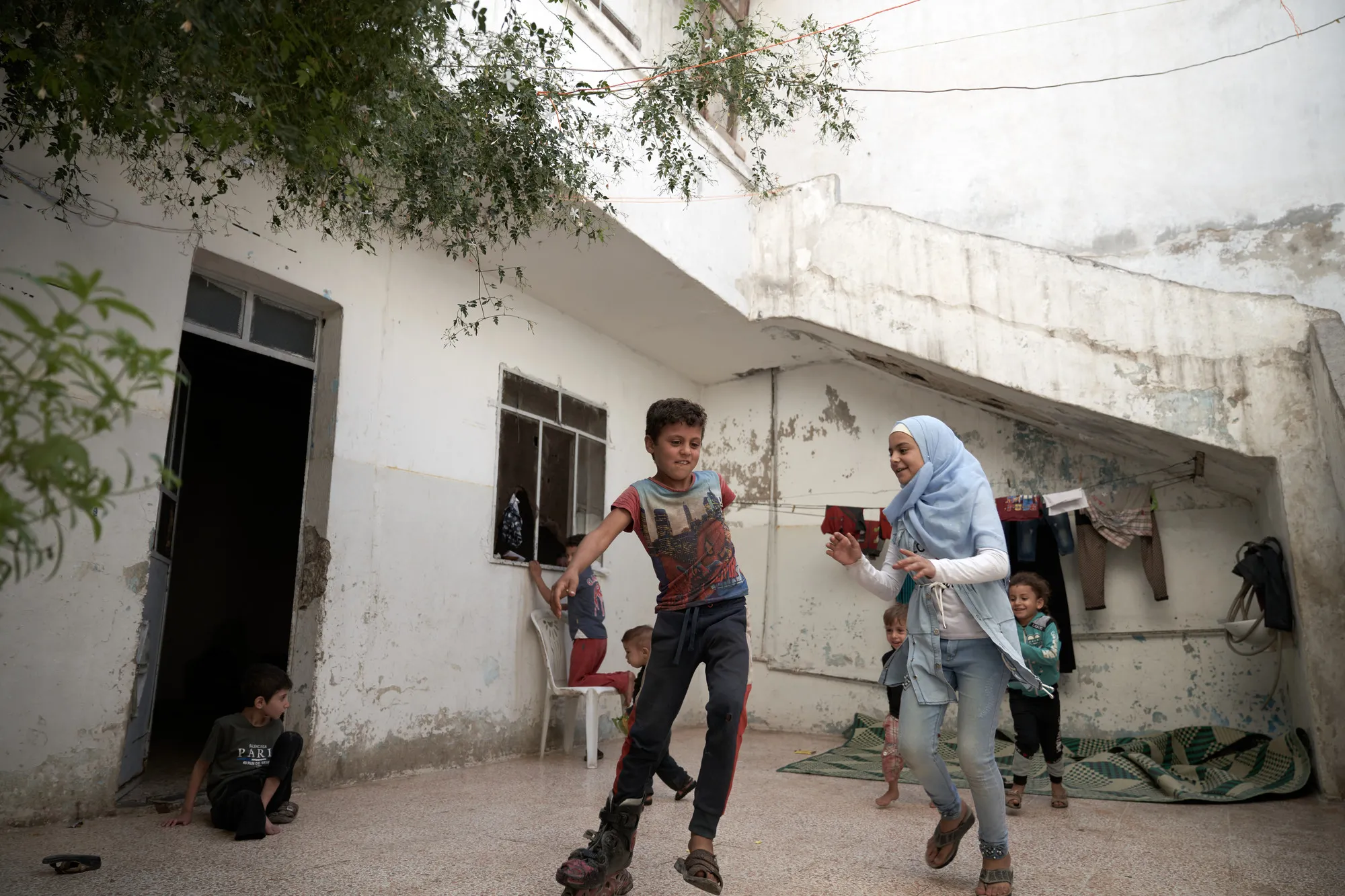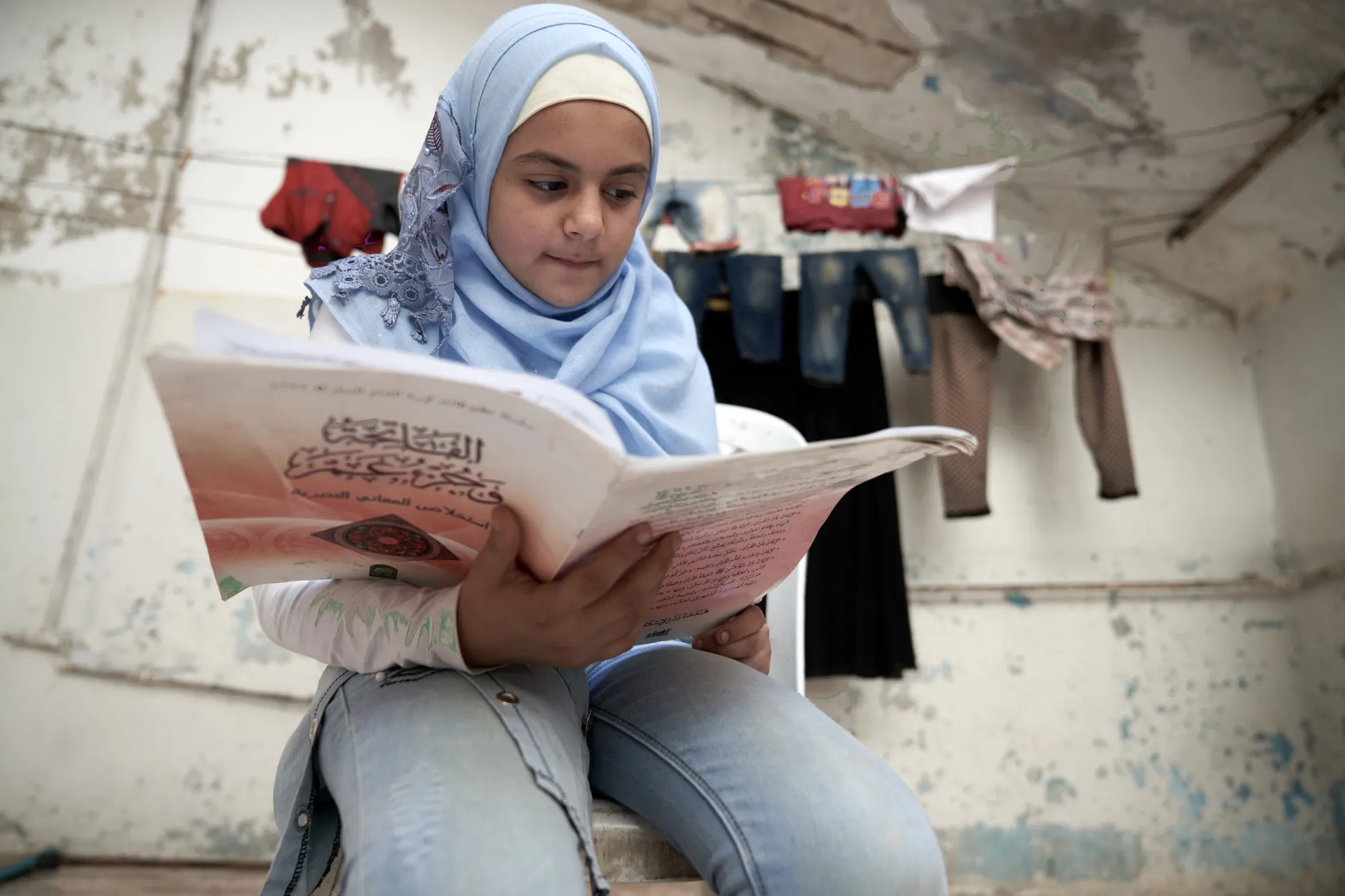Almost a decade after the war in Syria began, the conflict has triggered the largest displacement crisis in the world. More than 5.6 million people have fled the country and 6.2 million Syrians are internally displaced in what the U.N. calls “unprecedented devastation” and a “man-made humanitarian nightmare.” At least 80 percent of those displaced in northwest Syria are women and children.
At the height of the conflict, an average of 150 Syrians were killed daily. Many Syrian hospitals and health care centers have been decimated. Amid the coronavirus pandemic, existing facilities are ill-equipped to respond to outbreaks.
“Nine years of conflict have left Syria in shambles,” says Nirvana Shawky, CARE’s Regional Director for the Middle East and North Africa. “With many health care professionals having either left the country or become displaced, providing sufficient medical assistance at scale is nearly impossible.”
There are currently over 16,000 confirmed COVID-19 cases and more than 160 deaths in northwest Syria, with new cases being registered every day. CARE is concerned that displacement camps will soon experience a spike in cases, given the crowded and dire living conditions in these camps. CARE’s concern also extends to the impact of COVID on health care workers, with almost 15% of all new cases being registered among doctors, nurses, and midwives.
“COVID-19 has compounded the immeasurable suffering experienced by displaced people, as a result of a 10-year-long war in Syria. CARE, our partners and many humanitarian actors working in northwest Syria are raising the alarm that the spread of the disease will soon outstrip our collective ability to curb its spread,” says Sherine Ibrahim, Country Director of CARE in Turkey.
“With winter at our doorstep, displaced people will naturally seek protection from the harsh cold weather, in overcrowded and ill-equipped tents, unfinished buildings, or reception centers. Hospitals continue to struggle to test, and provide medication and basic health needs for those who need it the most. There is an urgent need to provide shelter for some 2.7 million displaced people, to enhance testing capacity, and to support health facilities with medical supplies and equipment.”
Some areas of the country that had been temporarily spared fresh violence, are now seeing its return, with detrimental consequences on civilians, including aid workers, and civilian facilities.
“After more than nine years of crisis, vulnerable civilians living in Syria have already endured immense suffering. They must no longer be impacted by such horrific attacks,” said U.N. Resident Coordinator and Humanitarian Coordinator for Syria, Imran Riza, and Regional Humanitarian Coordinator for the Syria Crisis Muhannad Hadi. Earlier this year, U.N. Secretary-General António Guterres noted that the “potential for human suffering grows worse” in Syria.
In northwest Syria, the crisis requires urgent action. CARE calls on all parties to adhere to their obligations under International Humanitarian Law and to protect the lives of 3 million-plus civilians living in the area.
CARE has been working in Syria since 2014 and has reached more than 5 million people with emergency support including shelter, clean water, and health and sanitation services. Along with humanitarian partners, CARE also addresses hunger, helps rebuild livelihoods, and provides psychosocial and gender-based violence programming.

